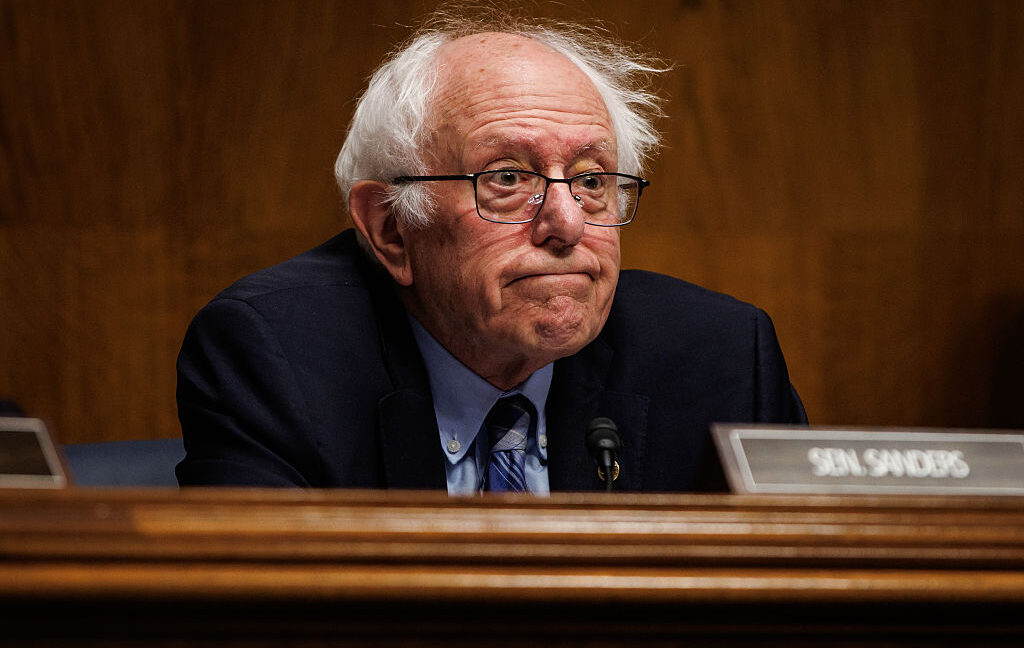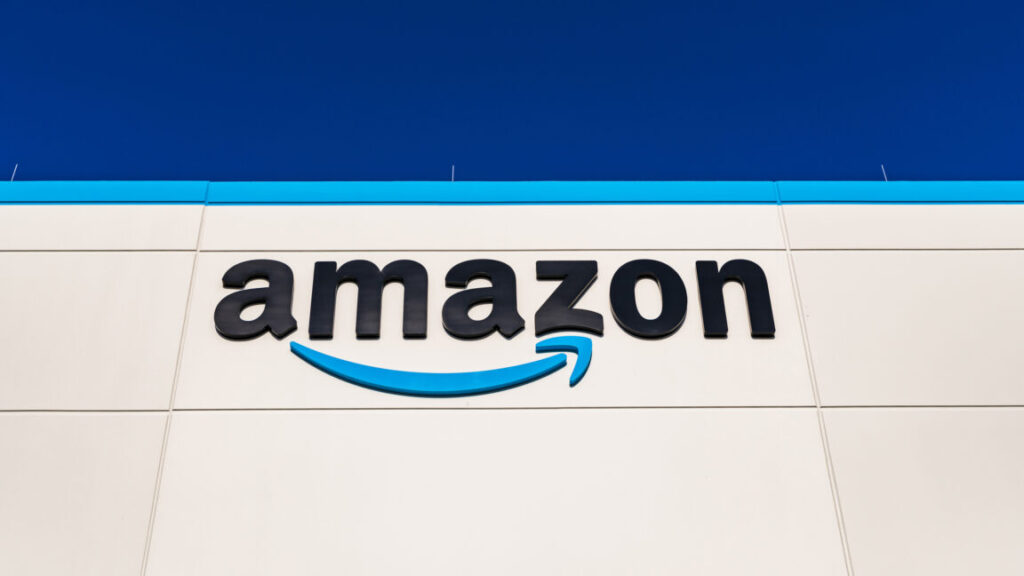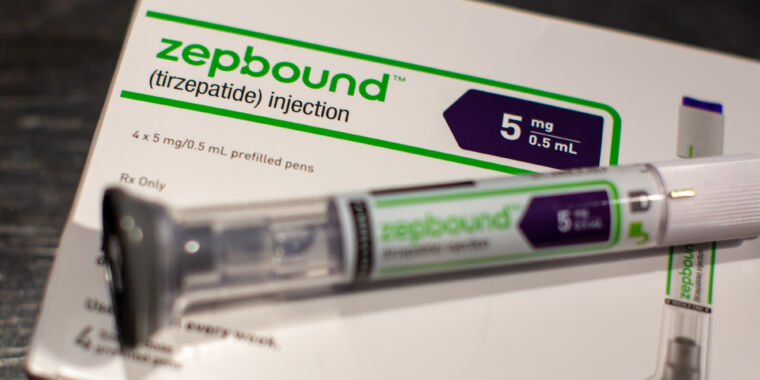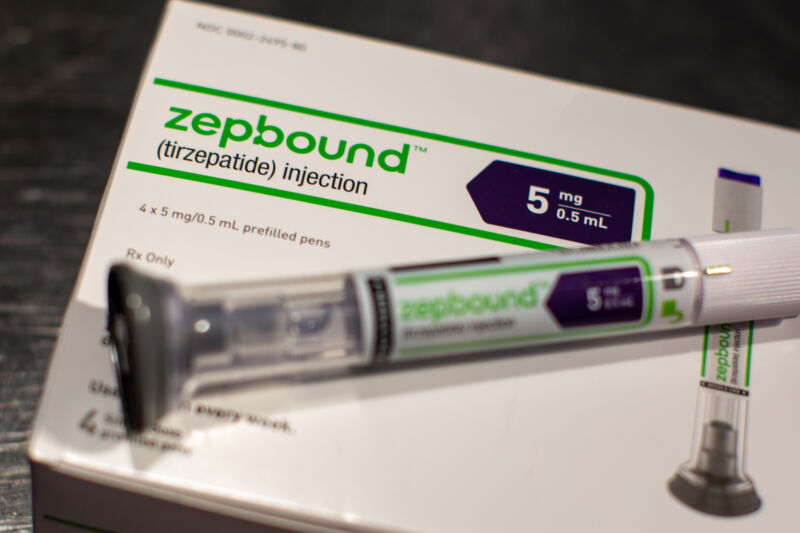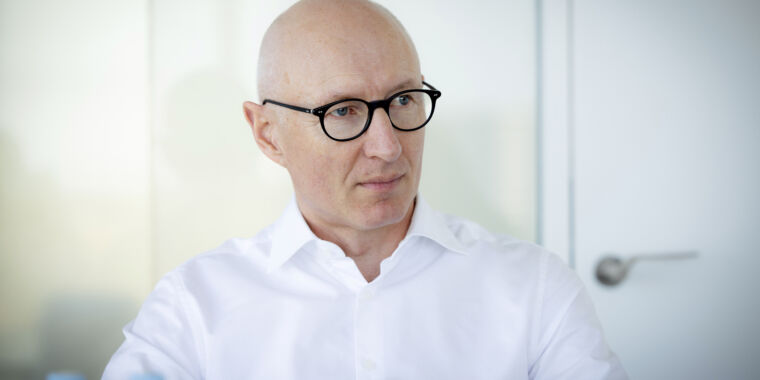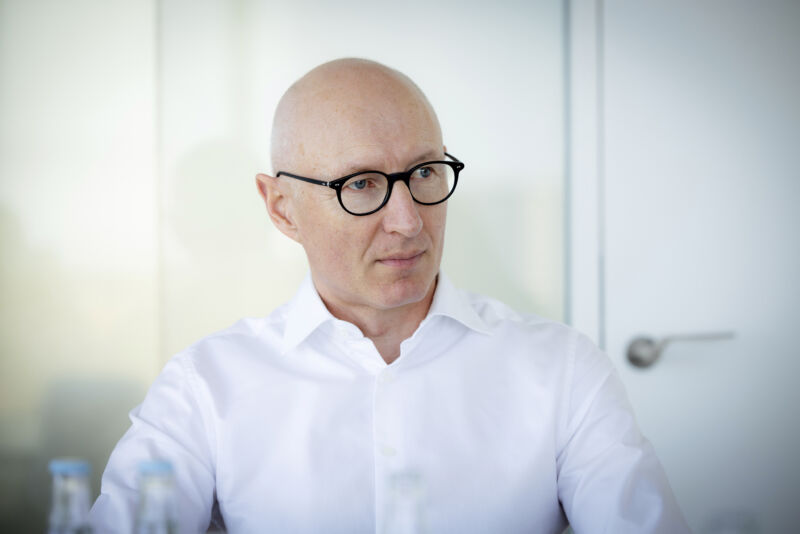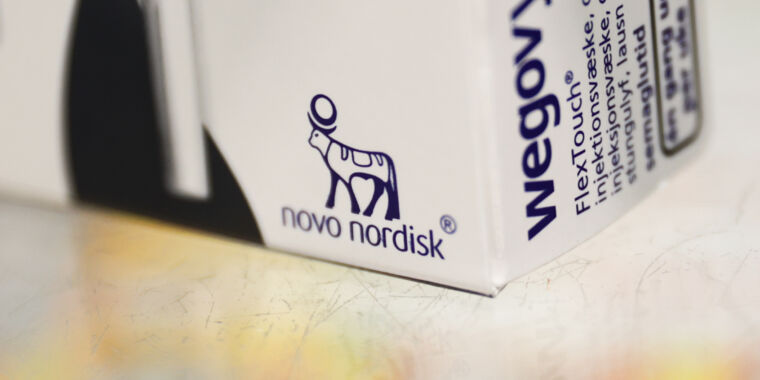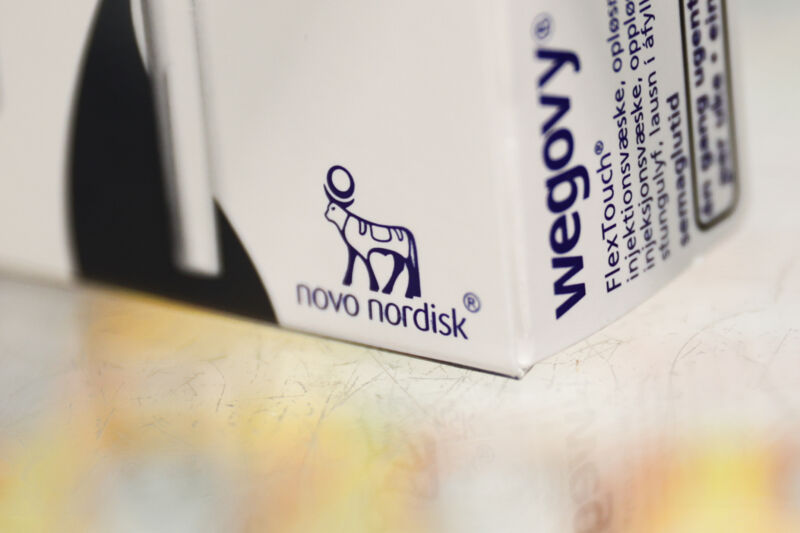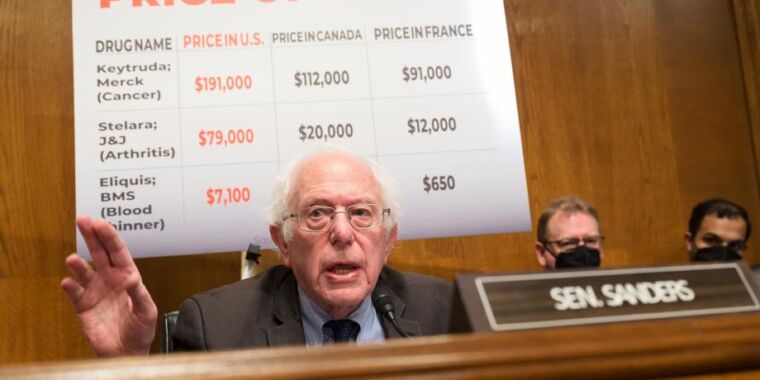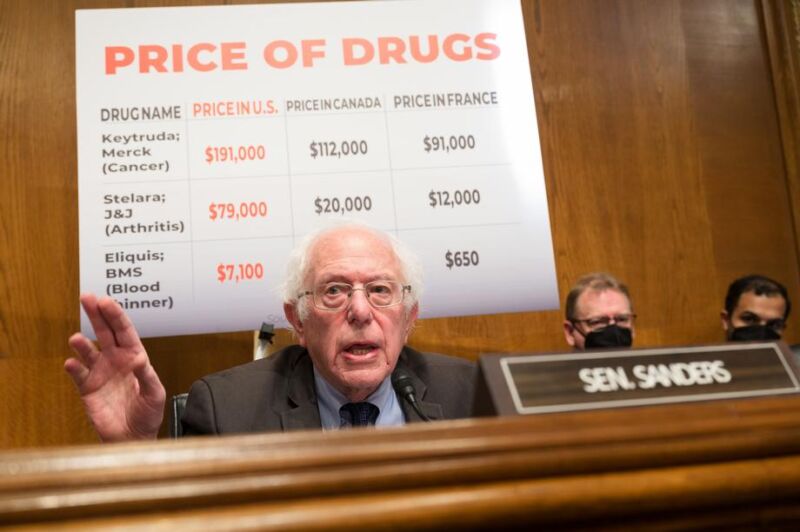Trump confirms US is seeking 10% stake in Intel. Bernie Sanders approves.
Trump plan salvages CHIPS Act he vowed to kill
While chipmakers wait for more clarity, Lutnick has suggested that Trump—who campaigned on killing the CHIPS Act—has found a way to salvage the legislation that Joe Biden viewed as his lasting legacy. It seems possible that the plan arose after Trump realized how hard it would be to ax the legislation completely, with grants already finalized (but most not disbursed).
“The Biden administration literally was giving Intel money for free and giving TSMC money for free, and all these companies just giving the money for free, and Donald Trump turned it into saying, ‘Hey, we want equity for the money. If we’re going to give you the money, we want a piece of the action for the American taxpayer,'” Lutnick said.
“It’s not governance, we’re just converting what was a grant under Biden into equity for the Trump administration, for the American people,” Lutnick told CNBC.
Further, US firms could potentially benefit from any potential arrangements. For Intel, the “highly unusual” deal that Trump is mulling now could help the struggling chipmaker compete with its biggest rivals, including Nvidia, Samsung, and TSMC, BBC noted.
Vincent Fernando, founder of the investment consultancy Zero One, told the BBC that taking a stake in Intel “makes sense, given the company’s key role in producing semiconductors in the US,” which is a major Trump priority.
But as Intel likely explores the potential downsides of accepting such a deal, other companies applying for federal grants may already be alarmed by Trump’s move. Fernando suggested that Trump’s deals to take ownership stake in US firms—which economics professor Kevin J. Fox said only previously occurred during the global financial crisis—could add “uncertainty for any company who is already part of a federal grant program or considering one.”
Fox also agreed that the Intel deal could deter other companies from accepting federal grants, while possibly making it harder for Intel to run its business “effectively.”
Trump confirms US is seeking 10% stake in Intel. Bernie Sanders approves. Read More »
